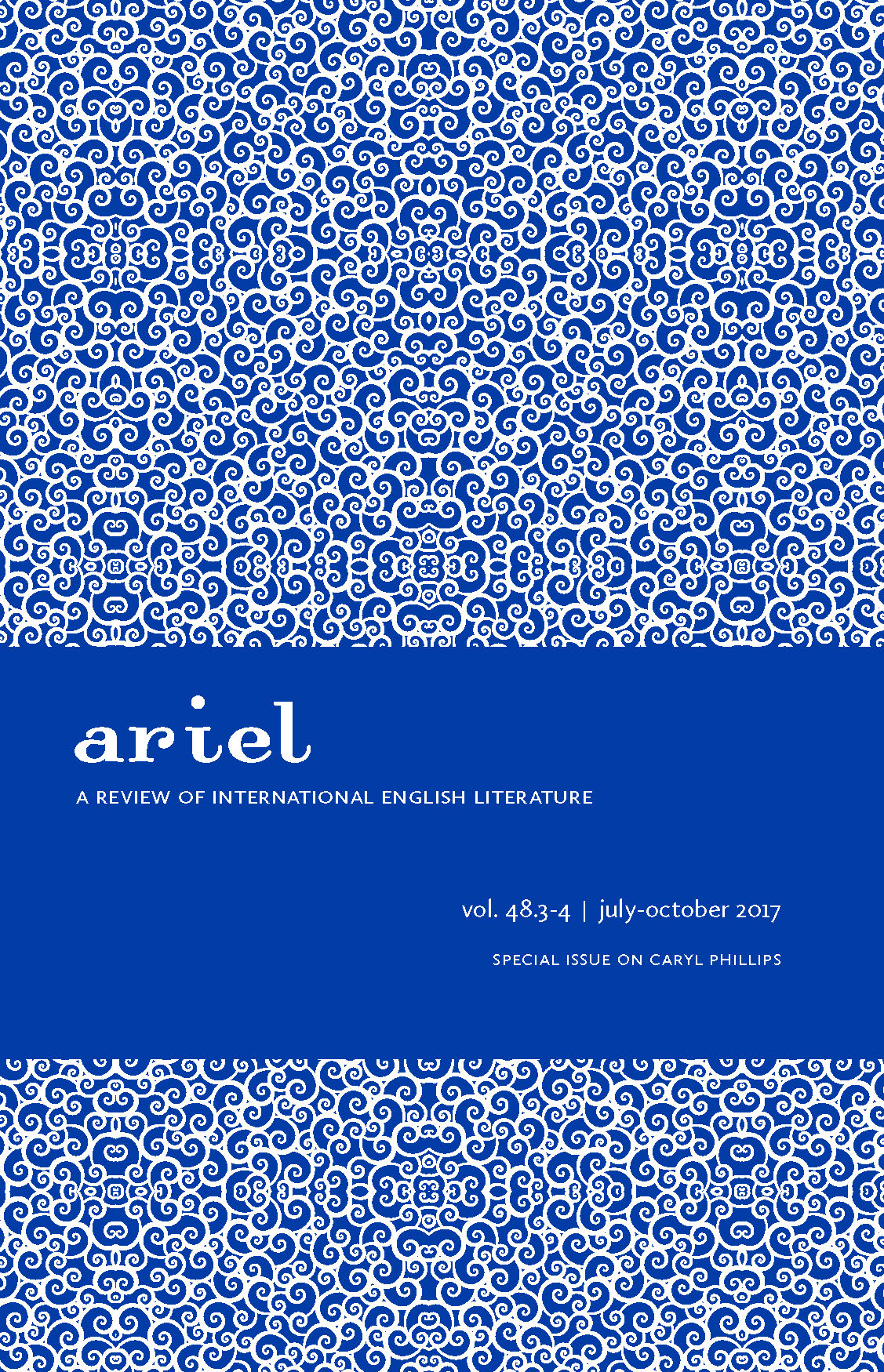Migrant Subjects, Invisible Presences: Biography in the Writings of Caryl Phillips
Keywords:
Caryl Phillips, diaspora, migrant writing, Biography, Life-WritingAbstract
Caryl Phillips is best-known as a novelist, journalist, essayist, playwright, and screenwriter. Although he has not published a full-length biography, what might be called a biographical impulse is diffused throughout his work. In this essay, I consider Phillips’s biographical writings – essays, novels, and hybrid texts – in the context of his own oeuvre. This essay complements my essay on Phillips as an autobiographer (“Plural Selves: The Dispersion of the Autobiographical Subject in the Essays of Caryl Phillips” [2011]).
Phillips’s biographical subjects include writers, contemporary cultural figures, and historical persons, some famous, others relatively unknown. His novel Dancing in the Dark (2004) sets its protagonist, an actual historical personage named Bert Williams, in the context of the United States in the late 19th and early 20th centuries. In Foreigners (2007), Phillips reconstructs the lives of three black British subjects: Francis Barber, servant to Samuel Johnson, Randolph Turpin, champion boxer in the mid-twentieth century, and David Oluwale, a Nigerian immigrant who ‘lived rough’ in the streets of Leeds and died there as a result of harassment by the police.
These men along with others described in Phillips’s work are, as my title suggests, migrant subjects, whether actual migrants or exemplars of displacement variously literal and figurative. As migrants, they are models for a transnational cultural enterprise like that of Phillips himself. An ensemble of disparate voices and perspectives that span the 20th and 21st centuries, the men and women who populate his writings constitute a collective, fractured, discontinuous biographical subject that evokes the “many-voiced chorus” that Phillips deploys in such novels as Crossing the River (1993). A sequel to the “new biography” that Virginia Woolf identified in 1927 with modernist literary practice, Phillips’s work proposes new models for life-writing in our own postmodern, postcolonial moment.

